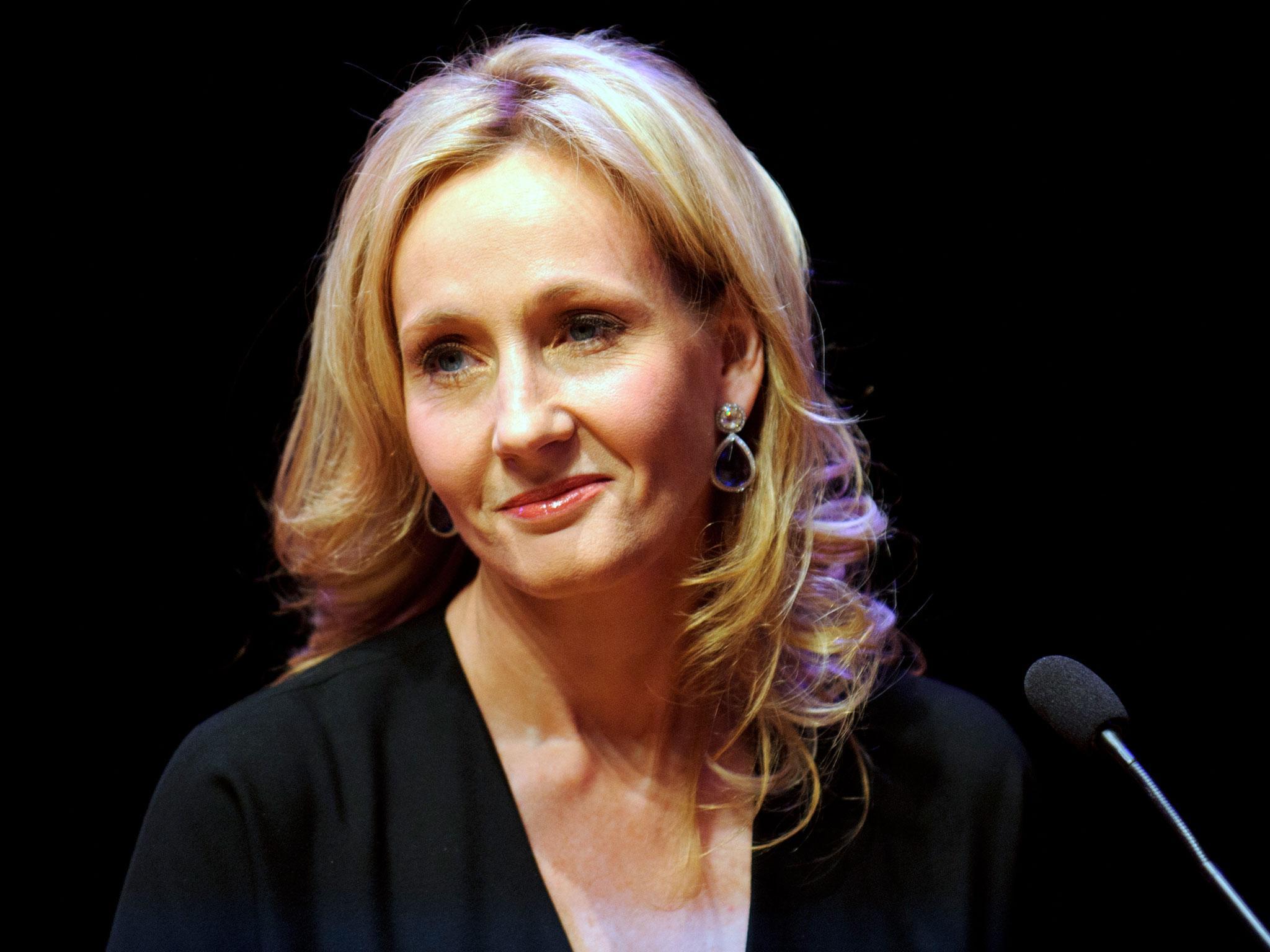JK Rowling: Scientists advise author to 'actually read' their paper on purpose of female orgasm
'I would suggest actually reading the paper might help'

Your support helps us to tell the story
From reproductive rights to climate change to Big Tech, The Independent is on the ground when the story is developing. Whether it's investigating the financials of Elon Musk's pro-Trump PAC or producing our latest documentary, 'The A Word', which shines a light on the American women fighting for reproductive rights, we know how important it is to parse out the facts from the messaging.
At such a critical moment in US history, we need reporters on the ground. Your donation allows us to keep sending journalists to speak to both sides of the story.
The Independent is trusted by Americans across the entire political spectrum. And unlike many other quality news outlets, we choose not to lock Americans out of our reporting and analysis with paywalls. We believe quality journalism should be available to everyone, paid for by those who can afford it.
Your support makes all the difference.JK Rowling gave her opinion on the female orgasm and its evolutionary purpose. Now scientists have responded.
An article in The New York Times exploring work by two experts joining the search for the evolutionary roots and biological function of the female orgasm caused much chatter this week.
The Harry Potter author pointed out one major purpose of the female orgasm in response: the important incentive it provides.
The article was reporting on research by Dr Pavlicev, from the University of Cincinnati College of Medicine, and Dr Wagner, of Yale University.
Dr Pavlicev has now responded by advising Rowling to swap Harry Potter for the paper she and her colleague, Dr Wagner, had produced on the subject.
“Our work is on the evolutionary origin of female orgasm, very much pre-dating 'the 8lb babies', and in fact pre-dating human lineage,” she told the Press Association.
“We make no claims about the roles that orgasm may have acquired in human lineage, but these if present are very recent relative to the time we talk about.”
Dr Pavlicev added: “Functions of the traits change in evolution and what may sound plausible opinion to us, including Ms Rowling, may not be what evolution is about.
“I think the opinion is not generated with very much thought, and I would suggest actually reading the paper might help.”
Join our commenting forum
Join thought-provoking conversations, follow other Independent readers and see their replies
Comments